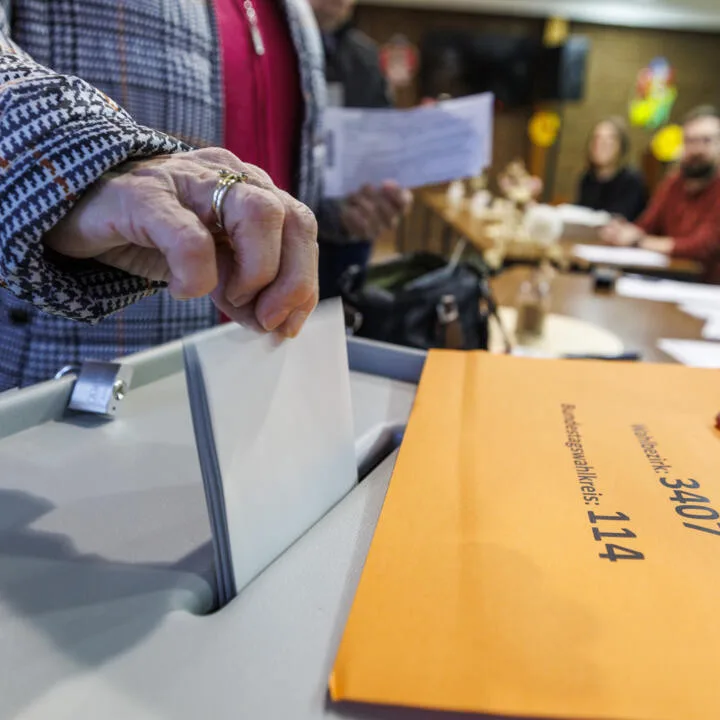On February 23, 2025, Germany held a pivotal election with a backdrop of economic uncertainty and rising discontent among the populace. Early morning reports indicated long lines at polling stations, reflecting high voter turnout as citizens headed to vote amid predictions that the conservative opposition party, the Christian Democratic Union (CDU), led by Friedrich Merz, could secure a significant victory. Olaf Scholz, the current Chancellor from the Social Democratic Party (SPD), faced a tough challenge as discontent grew over rising living costs and inflation that reached 6.4% last month. Scholz acknowledged the difficult climate, stating, ‘I understand that many people are anxious about their future, and our government is committed to finding solutions to these pressing issues.’ On the other side, Alice Weidel from the Alternative for Germany (AfD) emphasized a hardline approach on immigration and economic policy, stating, ‘The situation we face today cannot be resolved with the same old politics; we need to act decisively.’ The election outcomes are expected to reshape Germany’s political landscape significantly, as the SPD’s coalition with the Greens and Free Democrats faces challenges from opposition parties who capitalize on economic fears. Analysts predict that a shift toward the right could have implications not only for domestic policies but also for Germany’s role in the European Union. The results of this election are crucial as they might determine the future direction of one of Europe’s largest economies in a time of uncertainty, both economically and geopolitically.
Germans Vote in Crucial Election Amid Gloomy Economic Outlook













